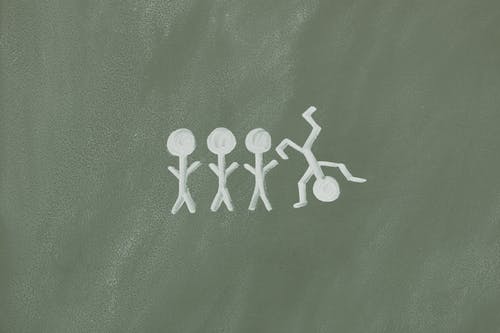ADHD is a disorder, this disorder affects the brain and behavioral patterns. Unfortunately, there is no known cure yet. However, some treatments can be used to regulate and reduce the severity of the disorder. These treatments can be used to help children diagnosed with ADHD.
As a parent, it can be difficult to provide your child with all of their needs, especially when those needs require special and specific types of dedication. Parents who have children with ADHD shouldn’t give up. There are ways to help your child or children to cope with their disorder and live fulfilling lives.
Treatment Options for Children With ADHD
Treatment options range from medication to therapy. These can be used alone or in combination with each other for more effective management. It should be noted that ADHD patients are in no way less than others. They simply have different needs and those needs should be met to ensure the quality of the child’s life.
Here are the most common treatment options that you can try with your child. The final decision will need to be made with your child’s overall health in mind and what may work for one child may not be the same for another.
Medication
Medication is often the key component to a child’s treatment. However, it isn’t an easy decision for a parent to make. The decision to put your child on medication should be made closely with your child’s doctor. You will also have to decide when medication is needed. Some children will only need medication for school hours and social events that last for more than a few hours. Others need it around the clock, including weekends.
You will also need to discuss with your doctor the type of medication that is best. There are two main types of medication. These are stimulants and non-stimulants.
-
Stimulants
Are also known as CNS (central nervous system stimulants) and are the most common type prescribed. They work by increasing dopamine and norepinephrine, which work to improve concentration and focus.
-
Non-stimulants
Are used when stimulants have proven ineffective, or your child has adverse reactions. They are believed to increase norepinephrine, which improves concentration and memory. It is not known exactly how this helps, but they have shown positive results in treating ADHD.
Therapy
Several therapy options have proven to help manage the symptoms experienced. It’s important to discuss with your doctor whether one or more of these options is best for your child. Therapy can include psychotherapy and behavioral therapy.
-
Psychotherapy
Can be useful in giving children the space to open up and discuss their feelings healthily and safely. Managing ADHD can be difficult for children and makes them act out in social settings and with figures of authority. This is a good option to help them recognize their overwhelming feelings and constructively channel them.
-
Behavioral Training
It is used to help children monitor their behaviors and how to make adjustments to them where needed. Different situations can trigger negative or destructive behavior for them. The training can help them prevent meltdowns and react adversely to various external stimuli.
-
Parental Training
It is for the parents. It teaches parents how to address issues that arise. From time-out to redirecting energy, to maintaining mental health, all of these methods are needed for effective management of ADHD. Parents also need to adjust their mental space to accept and work with their child’s needs. It’s not an easy job and as such parents need to equip themselves with the right management skills.
Behavioral Interventions
This is the process of setting up structure and organization for your child. The purpose is to help them manage their symptoms and behavioral responses. It works by creating a schedule and routine that they can follow. This creates a safe space and boundary that they can depend on.
- Create a Schedule
- Organize Items
- Organize Homework and Classwork
- Create Purposeful Spaces
- Set Boundaries
- Make Adjustments Where Needed
Treating ADHD is in no way a one size fits all process. For some medication is all that is needed, for others therapy may be the best solution. Parents should take charge and be the pillar of structure for their children during this process. The child is not the only one that will need therapy or training. It is important for parents to also go through the process and train themselves on how to react and manage various situations with their children. This can make for a more loving and understanding environment for them. While ADHD is not curable, it is manageable. Take the steps to get your child the help they need.
You may also like
-
Common Misconceptions About Disability Law and Lawyers
-
Finding the Right Disability Lawyer: Key Factors to Consider
-
Creating Families Across Canada: The Journey Through Adoption
-
Understanding the Practical Applications of Ibutamoren in Research
-
Navigating Regulations and Permits in the Crude Oil Hauling Industry
